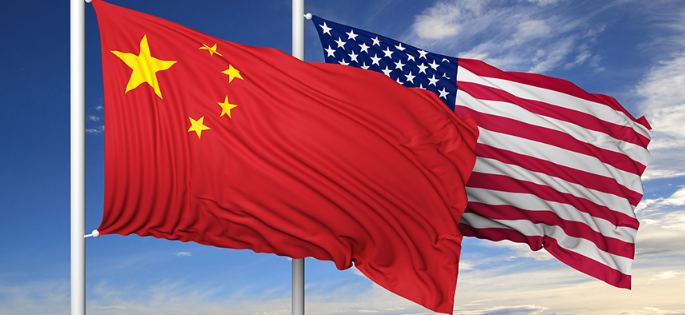In a statement given by US President Donald Trump on Monday, he says that Beijing will "reduce and remove" the 40% tariffs it places on US cars imported into China.
However, up until now China has not commented on President Trump's announcement, which he made on Twitter without providing any further details.
The move, if confirmed, would be welcomed by a car industry which was unsettled by the escalating US-China trade war.
Over dinner at the G20 summit, they agreed to not increase tariffs for 90 days to allow talks.
On the other hand, a failure to strike a deal would have seen tariffs on $200bn worth of Chinese goods rise from 10% to 25% at the start of next year, and would have opened the way for tariffs on additional Chinese goods.
Nonetheless, things have taken a different route because on Monday, December 3, 2018, China's foreign ministry said that the presidents of China and the US had instructed their economic teams to work towards removing all tariffs following the G20 meeting, Reuters reported.
Asian markets rallied after news of the trade war truce. In China, Hong Kong's Hang Seng index climbed 2.5% and the Shanghai Composite index jumped 2.6%. Japan's Nikkei 225 index rose 1%.
The gains spread to Europe, with the UK's FTSE 100 index, the Cac 40 in France and Germany's Dax index all up by about 2% in early trade.
The Trade War
The trade war has seen the US and China bump each other with mounting tariffs in an attempt to make their domestically made goods more competitive.
According to the US, its tariff policy is a response to China's "unfair" trade practices and accuses it of intellectual property theft.
Since July, the US has hit China with tariffs on $250bn (£195.9bn) worth of goods. China has retaliated with duties on some $110bn of US goods over the same period. As part of this, the US imposed a 25% tariff on Chinese cars, on top of the 2.5% already in place.
In July, China, the world's largest market for cars, imposed a 40% tariff on US vehicle imports. The rate is much higher than the 15% fee imposed to other trading partners and forced many carmakers to raise prices.
The G20 Summit
The White House released a statement saying that tariffs on Chinese goods would remain unchanged for 90 days, but added: "If, at the end of this period of time the parties are unable to reach an agreement, the 10 percent tariffs will be raised to 25 percent."
The US stated that China have agreed to "purchase a not yet agreed upon, but very substantial, amount of agricultural, energy, industrial, and other products from the United States to reduce the trade imbalance between our two countries".
Meanwhile, both sides also pledged to "immediately begin negotiations on structural changes with respect to forced technology transfer, intellectual property protection, non-tariff barriers, cyber intrusions and cyber theft", according to the White House.
Chinese Foreign Minister Wang Yi told reporters after the talks that "the principal agreement has effectively prevented further expansion of economic friction between the two countries".








